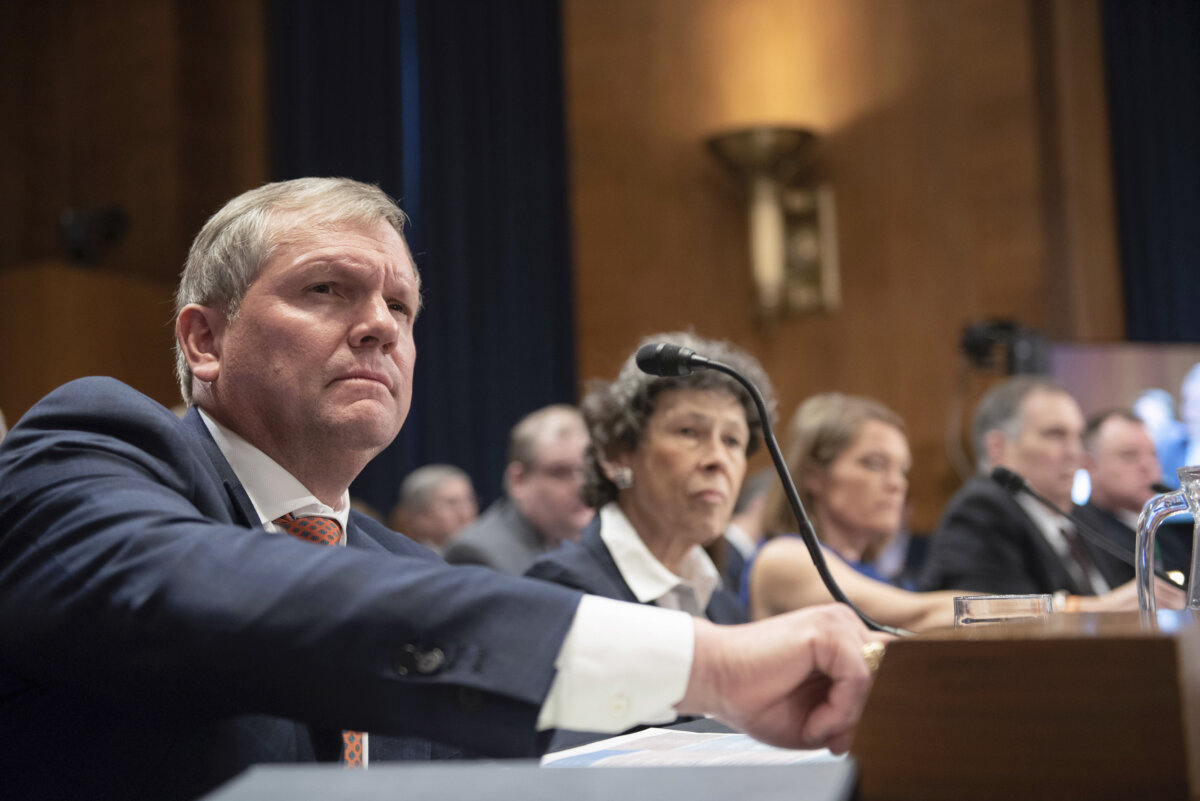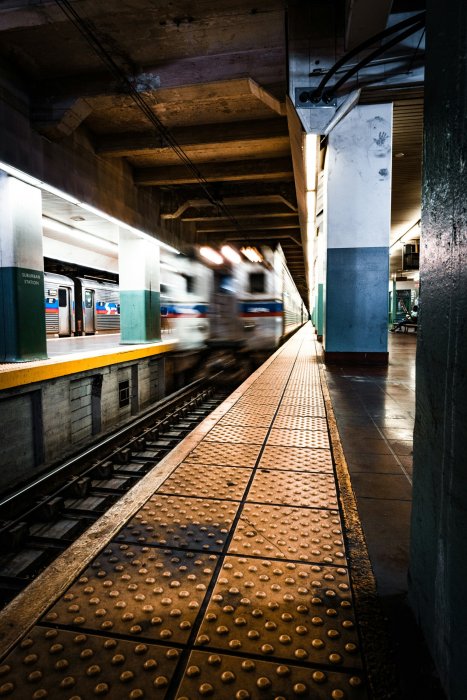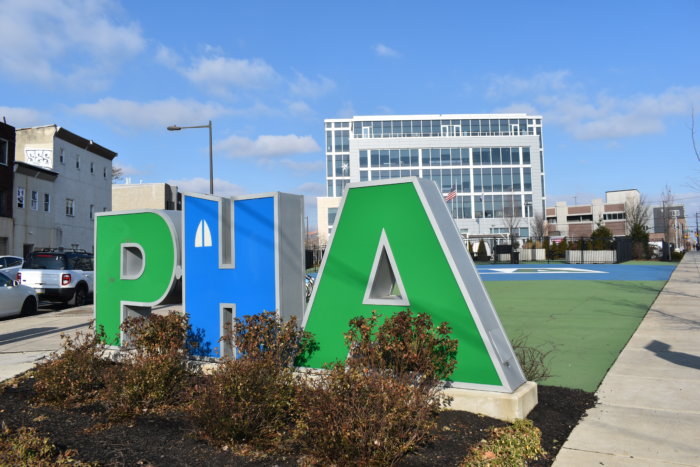By STEPHEN GROVES and JOSH FUNK Associated Press
Norfolk Southern’s CEO earnestly apologized before Congress for last month’s fiery hazardous materials train derailment on the Ohio-Pennsylvania border and pledged millions of dollars to help the local town recover. But he stopped short of fully endorsing tougher safety regulations or specific commitments to pay for long-term health and economic harm.
In a packed Senate hearing, CEO Alan Shaw said his railroad firmly supports the goal of improving rail safety, but he also defended his company’s record.
He was questioned closely by both Democrats and Republicans about specific commitments to pay for long-term health and economic harm — and about the decision making that led to the release and burn of toxic vinyl chloride from five tanker cars — as well as the company’s commitment to safety and helping the people of East Palestine, Ohio.
“I’m terribly sorry for the impact this derailment has had on the folks of that community,” Shaw told the Senate Committee on Environment and Public Works. “We’re going to be there for as long as it takes to help East Palestine thrive and recover.”
But the condolences and commitment of $20 million in aid so far hardly satisfied lawmakers or several East Palestine residents who traveled to Washington for the hearing.
“How do we trust that man with our health and the health of our children, when he won’t even answer the questions that we need answered,” said Jami Cozza, adding that her family continues to suffer from illnesses over a month after the derailment.
The company has announced several voluntary safety upgrades. Senators, however, are looking to act themselves as they investigate the derailment, the Biden administration’s response and the company’s safety practices after the toppling of 38 railcars, including 11 carrying hazardous materials.
Norfolk Southern is also under pressure from federal regulators. The National Transportation Safety Board and Federal Railroad Administration both announced investigations this week of the East Palestine derailment and other accidents, including the death of a train conductor last Tuesday.
Just last week, a Norfolk Southern train derailed in Alabama. Company and local officials said there was no threat to the public.
In the East Palestine crash, no one was injured but half of the roughly 5,000 local residents were evacuated. Scenes of billowing smoke above the town, alongside complaints from residents that they are still suffering from illnesses, have turned national attention to railroad safety and the ways dangerous materials are transported.
It’s all sparked a show of bipartisanship in the Senate. The committee on Thursday also heard from Ohio and Pennsylvania senators — Republican JD Vance and Democrats Sherrod Brown and Bob Casey — who are proposing new safety regulations under a Railway Safety Act of 2023.
Train derailments have been getting less common, but there were still more than 1,000 last year, according to data the Federal Railroad Administration. And as East Palestine shows, even a single train derailment involving hazardous materials can be disastrous.
Hazardous materials shipments account for 7% to 8% of the roughly 30 million shipments railroads deliver across the U.S. each year. But railroads often mix shipments and might have one or two cars of hazardous materials on almost any train. The Association of American Railroads trade group says 99.9% of hazardous materials shipments reach their destinations safely.
The Senate Commerce Committee will also hear from Norfolk Southern’s Shaw, as well as NTSB chair Jennifer Homendy, in another hearing later this month. That committee is also expected to consider the proposed safety regulations.
































